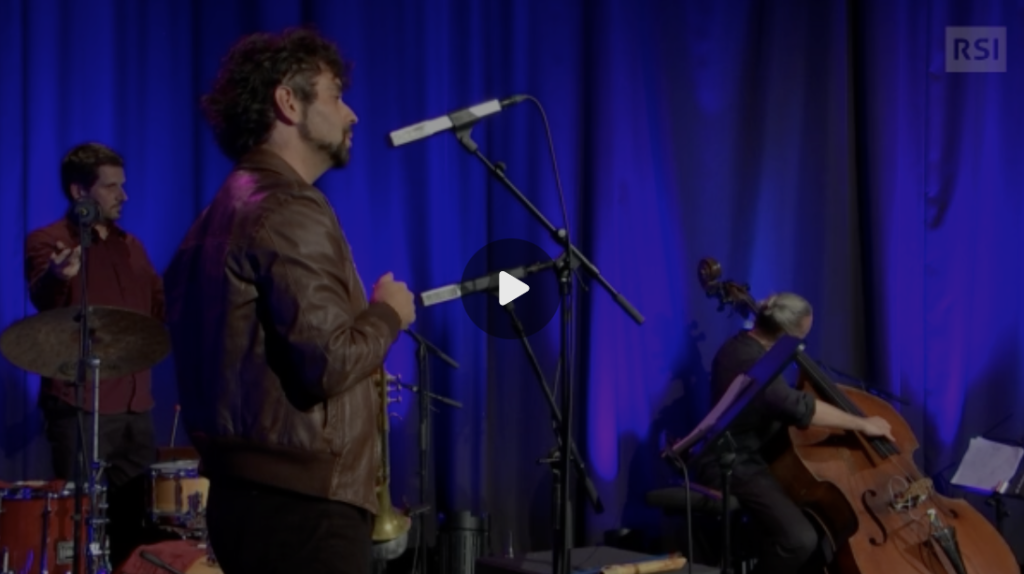Antro
“Antro” is the debut album by Massimiliano Di Carlo, a trumpeter, singer, and multi-instrumentalist. In Antro, we see the artistic development of a journey spanning 15 years of study and experimentation by the artist. The album is influenced by the literary works of Giorgio Colli, Allain Danielou, and Ernesto de Martino. In particular, the cultural bridges between East and West, as well as the myth of the Antro Sibillino—an archetypal place of metamorphosis still resonating in the popular imagination of central and southern Italy—are the central elements that inspired the compositions.
The artist synthesizes his entire journey, from 2005 (the year he graduated in trumpet from the conservatory) to the present, in the tracks of this album: from classical music experience to the search for jazz and free improvisation, the study of Dhrupad singing and overtone singing, and a long and profound ethnomusicological field study conducted in the central-southern Apennines, particularly in the places of his childhood. Through his interactions with the elderly and active participation in the traditional rituals of festivals, he absorbed the vocal and instrumental heritage that is now an integral part of his artistic language. Popular poetry sung in hendecasyllables with melismatic and microtonal flows is a central aspect of this language. Together with Gioele Pagliaccia and Reda Zine, he creates visionary timbral blends and flows of improvisation, where rhythms and modal codes draw from the oral tradition of the Apennines, jazz, urban rhythms, and Gnawa music. Antro is the mythical place of transformation, the Greek/Italic mythological legacy that permeates the central-southern Apennines. In this album, it is brought to light through a new way of developing improvisation, composition, and the conception of sound.
